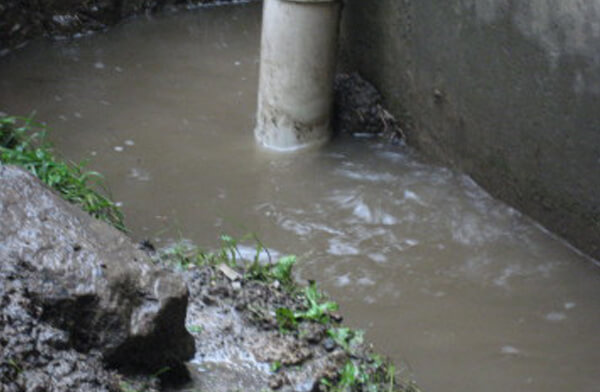Just how to Examine If Your House Has a Covert Leak
Just how to Examine If Your House Has a Covert Leak
Blog Article
We've uncovered this great article pertaining to Locating water leaks directly below on the web and accepted it made good sense to share it with you here.

Early detection of leaking water lines can minimize a possible disaster. Some little water leaks might not be visible.
1. Examine the Water Meter
Examining it is a guaranteed way that assists you find leakages. If it relocates, that suggests a fast-moving leakage. This means you may have a slow leakage that could also be below ground.
2. Check Water Consumption
Analyze your water bills and track your water usage. As the one paying it, you should notice if there are any type of inconsistencies. If you spot sudden changes, in spite of your intake being the same, it suggests that you have leaks in your plumbing system. Bear in mind, your water bill must drop under the very same range each month. An abrupt spike in your bill shows a fast-moving leak.
On the other hand, a consistent boost every month, despite the very same practices, shows you have a slow-moving leak that's likewise slowly intensifying. Call a plumber to completely inspect your residential or commercial property, specifically if you really feel a cozy location on your floor with piping underneath.
3. Do a Food Coloring Test
When it concerns water usage, 30% originates from commodes. Test to see if they are running effectively. Drop specks of food color in the container and wait 10 minutes. There's a leak in between the tank and dish if the color somehow infiltrates your bowl throughout that time without flushing.
4. Asses Outside Lines
Do not neglect to inspect your outdoor water lines as well. Should water permeate out of the link, you have a loosened rubber gasket. One small leakage can throw away bunches of water and spike your water costs.
5. Analyze the situation as well as evaluate
Homeowners must make it a routine to examine under the sink counters as well as also inside closets for any kind of bad odor or mold growth. These 2 warnings show a leakage so timely attention is needed. Doing regular assessments, also bi-annually, can conserve you from a major problem.
A lot more notably, if you recognize your residence is already old, maintain a watchful eye on your heaters, tubes, pipes and so on. Check for discolorations as well as compromising as a lot of pipes as well as home appliances have a life expectancy. They will certainly additionally naturally wear away as a result of tear and use. Don't wait for it to rise if you think leaking water lines in your plumbing system. Call an expert plumber as soon as possible so you don't end up with a terrible mess in your home.
Early detection of leaking water lines can mitigate a prospective catastrophe. Some little water leaks may not be noticeable. Checking it is a surefire means that assists you discover leakages. One tiny leak can throw away heaps of water and surge your water bill.
If you think leaking water lines in your plumbing system, do not wait for it to escalate.
WARNING SIGNS OF WATER LEAKAGE BEHIND THE WALL
PERSISTENT MUSTY ODORS
As water slowly drips from a leaky pipe inside the wall, flooring and sheetrock stay damp and develop an odor similar to wet cardboard. It generates a musty smell that can help you find hidden leaks.
MOLD IN UNUSUAL AREAS
Mold usually grows in wet areas like kitchens, baths and laundry rooms. If you spot the stuff on walls or baseboards in other rooms of the house, it’s a good indicator of undetected water leaks.
STAINS THAT GROW
When mold thrives around a leaky pipe, it sometimes takes hold on the inside surface of the affected wall. A growing stain on otherwise clean sheetrock is often your sign of a hidden plumbing problem.
PEELING OR BUBBLING WALLPAPER / PAINT
This clue is easy to miss in rooms that don’t get much use. When you see wallpaper separating along seams or paint bubbling or flaking off the wall, blame sheetrock that stays wet because of an undetected leak.
BUCKLED CEILINGS AND STAINED FLOORS
If ceilings or floors in bathrooms, kitchens or laundry areas develop structural problems, don’t rule out constant damp inside the walls. Wet sheetrock can affect adjacent framing, flooring and ceilings.
https://www.servicemasterbyzaba.com/blog/how-to-detect-water-leakage-in-walls/

I was made aware of that write-up about Hacks to detect leaks through a good friend on a different web page. So long as you appreciated our page if you please remember to share it. Thanks for going through it.
Report this page